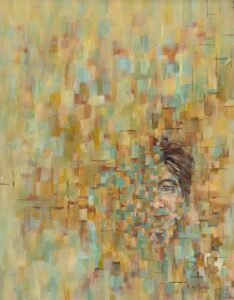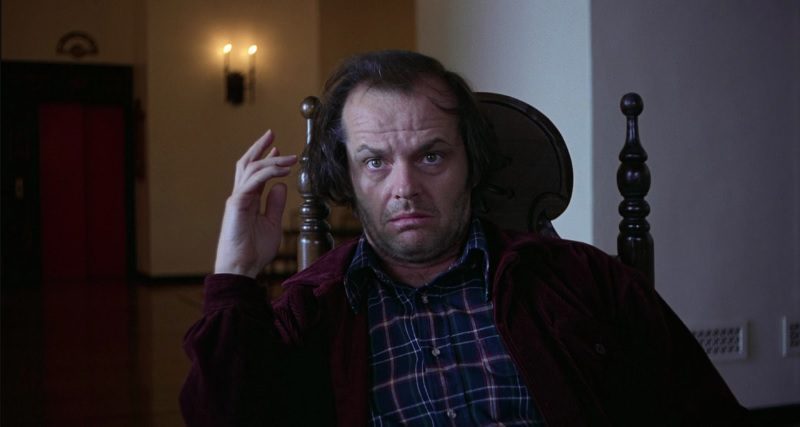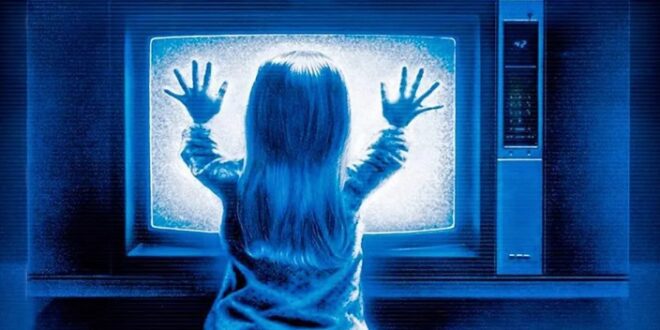A quick probe into the psychological outcomes horror films offer to the human mind.

The human mind is a multifaceted device. Its capability has lent mankind enough arrogance to term ourselves ”mini-gods.’ And it has so far seemed not far from the truth. Our intelligence really is near god-like; we have accomplished some amazing things. The only reason our insufferable ego hasn’t successfully deceived us (most of us) into fully believing we are walking gods on earth is because of how flawed our mind has proven to be, despite all its abilities.
The average human mind is too susceptible to its environment to truly be considered as powerful and independent as a god’s. Each person’s mind is shaped by how they were raised, their genetics, what they witness growing up, what they are taught to believe, among so many other things.
Our mind is a culmination of all these, thus we all vary at an astonishing rate. So, there is no pronounced effect of a particular substance on one’s mind and mental health, there are only diverse possibilities, each highly dependent on several variables.
The horror genre of cinema has drawn all sorts of praises and criticisms all through the years, each admirer and skeptic’s reason slightly evolving with each era the genre grows into. A reason for skepticism that people have maintained since the first horror film was created is that these movies have a degrading effect on the mental health. Horror movies, they will often say, are infamous trauma triggers.
They remain adamant that each horror film viewed plays a part in the overall decay of the mind of whoever views it.
They are not correct. Not completely wrong either.

Horror films can evoke strong emotional responses and create a sense of fear or anxiety in viewers, for they are often designed with that very task in mind. For some individuals, this heightened emotional state can be enjoyable and temporary. But, for others, it can lead to prolonged feelings of fear, anxiety, or even trigger panic attacks, especially if they have pre-existing anxiety disorders or trauma-related conditions.
It is no secret that psychiatrists sometimes utilize certain horror films or scenes as a way to explore and address specific fears or anxieties in a controlled environment. This approach, known as exposure therapy, aims to gradually desensitize individuals to their fears or traumas. Through this process, they learn that the feared stimulus is not as dangerous or threatening as they initially believed.
Thus, horror films can be considered as a weapon used to arm one’s mental health with enough tools to rebuild and recuperate.
In the world today, the psychology of fear has mutated into a form of thrill. People pay a lot of money to be terrified, and will heavily criticise if a project fails to deliver such a promise. They desire to be so close to the edge, but with an absolute absence of the possibility of teteering over. When they do get what they wished for, the subsequent effects are numerous, both positive and negative. It is near impossible to correctly decide which an individual will have and quite dangerous to assume.
Fear, anxiety, sleep disturbances, insomnia and desensitization are possible effects of horror movies. However they are highly dependent on a lot of factors, like personal history and psychological resilience.
Horror movies also offer catharsis, joy, excitement, and stress reduction. The human mind is too complicated to blame movies alone for the mental health and behaviour of a person.
After all, heroes and villains are often born from the same tragedy.

 PopHorror Let's Get Scared
PopHorror Let's Get Scared




